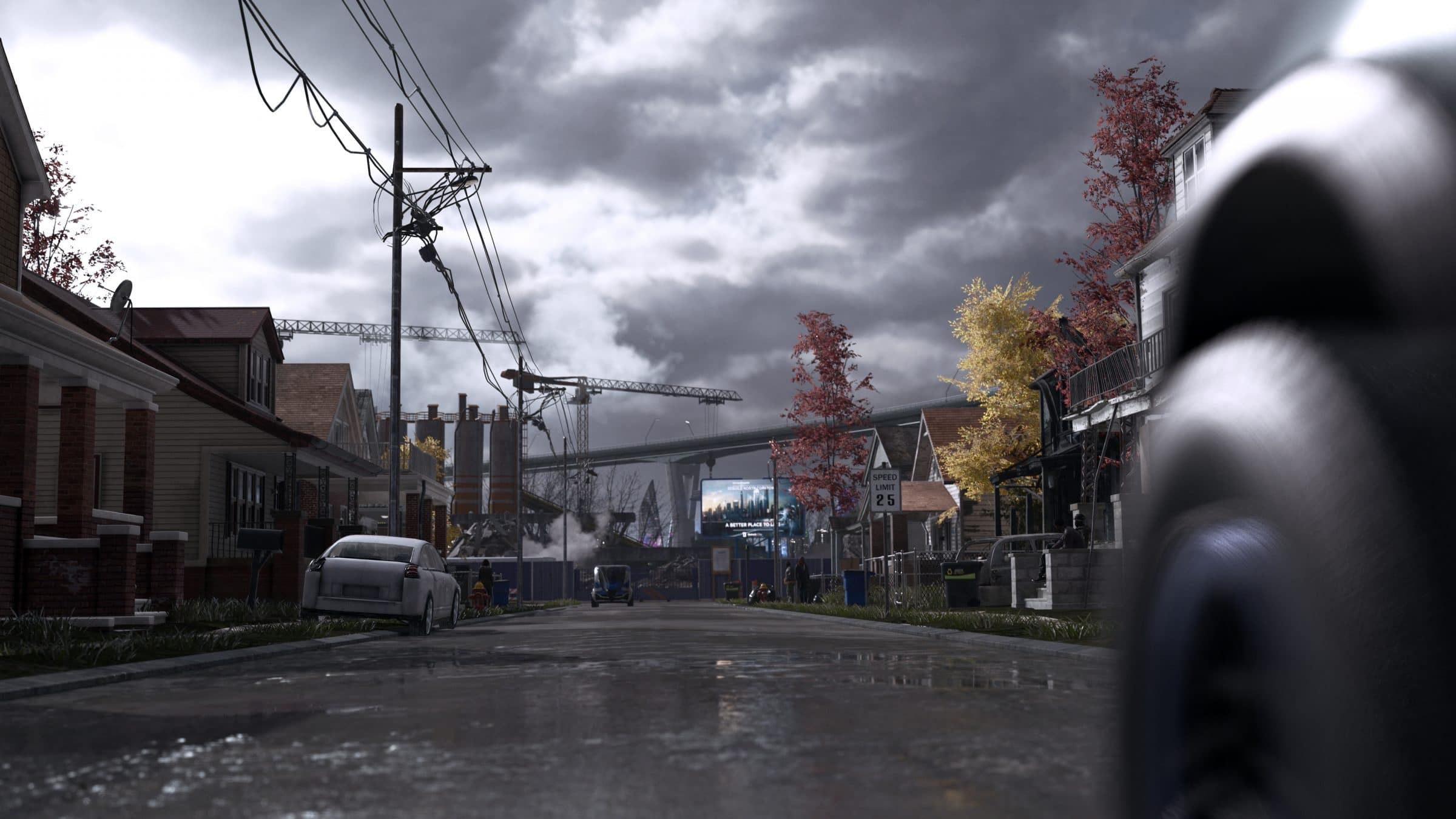Why is Detroit: Become Human so Controversial?

When the game Detroit: Become Human releases later this month, it will likely do so under the spotlight of much controversy.
As such, it gives us a good opportunity to explore how game controversies unfold. This article is in fact the first of a series this month, where we’ll use Detroit: Become Human as a case study for how games are rated, received and viewed when they contain adult content or potentially difficult themes and scenes.
The game has already attracted much debate, after an early trailer promoting it depicted scenes of domestic violence towards a child. There are two polarised options on the trailer. Some see it trivialising child abuse for a piece of entertainment. Others see a mature game exploring an important issue.
The trailer itself – which is certainly adult and does make for difficult viewing – arguably presents a tale of a character protecting a girl from domestic violence, and attempting to save her from her aggressive father. That character is Kara; an android housekeeper, who throughout the video increasingly attempts to defend the young girl.That trailer inspired waves of controversy and international headlines, as detailed in gaming website Eurogamer’s in-depth news story on the reaction to it. Spokespeople from the NSPCC and the National Association of People Abused in Childhood made statements about the game, and a UK member of parliament joined in with the debate.
What is important to note is that very few people commenting will have played the game. It does not launch until May 25th, so only its creators and handful of others will have tried it. Here at AskAboutGames we are yet to play it.
The challenge with controversy from people who have not played the game they are critiquing is that content in any media is about the context in which it is presented to its audience. Take books as an example. A novel made for and targeted at young children should not contain explicit violence and details of abuse. But there are many works of fiction for adult readers that use writing to explore such themes as domestic violence in childhood, and they can be important in generating debate around an issue that should not be ignored, as well as provoking thought about challenging experiences and how they impact us. But it all depends on how those adult books handle the issues they address.
The question to ask yourself is: ‘is it possible for a video game for adults to explore adult themes in a mature, sensitive and intelligent way?’.
We do not yet know if Detroit: Become Human will offer an example of a game that proves the answer to that question can be ‘yes’. We do know, of course, that an adult game should not be allowed to be experienced by children. However, Detroit: Become human has been rated as only suitable for adults by the panel of experts at The VSC and given a PEGI 18-rating. That means the game should not be sold to – or played by – anyone under that age.
Returning to the matter of context, it may be possible to see why there is a division in how people responded to the trailer.
David Cage, the director of Detroit: Become Human, is famed for making narrative-based games where the players’ actions influence how a story unfolds, leading to many different experiences and outcomes. If you know that, it appears that the trailer is trying to demonstrate that the player has agency in influencing the storyline, and can make choices to help protect the girl. People that have played Cage’s games are also likely to know that many of his titles explore difficult themes and tell stories of tragedy and coming to terms with ourselves and our experiences. They are often much more emotionally challenging than they are ‘fun’, and certainly for mature audiences.
But if you don’t know anything about David Cage’s games, and have only considered games to be works of pure entertainment, it is reasonable to see what is in the trailer as trivialising child abuse.
Again, not having played the game, it is near impossible to be sure if it will trivialise the issue or treat it well. If it does trivialise child abuse, that is clearly an extremely troubling and potentially dangerous approach for any game to take. But if it respects the issue in a way that is mature and nuanced, it may prove very important as a thought-proving work that shines a light on an issue that should not be left ignored.
The presence of domestic abuse to children in the game does bring up many questions worth exploring. Are games always works of entertainment? How is the content of games policed? What happens to give a game its age rating? If games are art, should they enjoy freedom of speech just as if they were poetry or theatre? What kind of content should be use to promote a game?
Our coming features will try and touch on some of those issues, concluding with a video-based ‘Parents Guide’ to the game around launch, by which time we hope to have played it. And we’d love to hear your thoughts too. Do let us know in the comments what you think about the trailer, the game, or what impact or influence it might have. We’ll keep an eye out for comments below.





